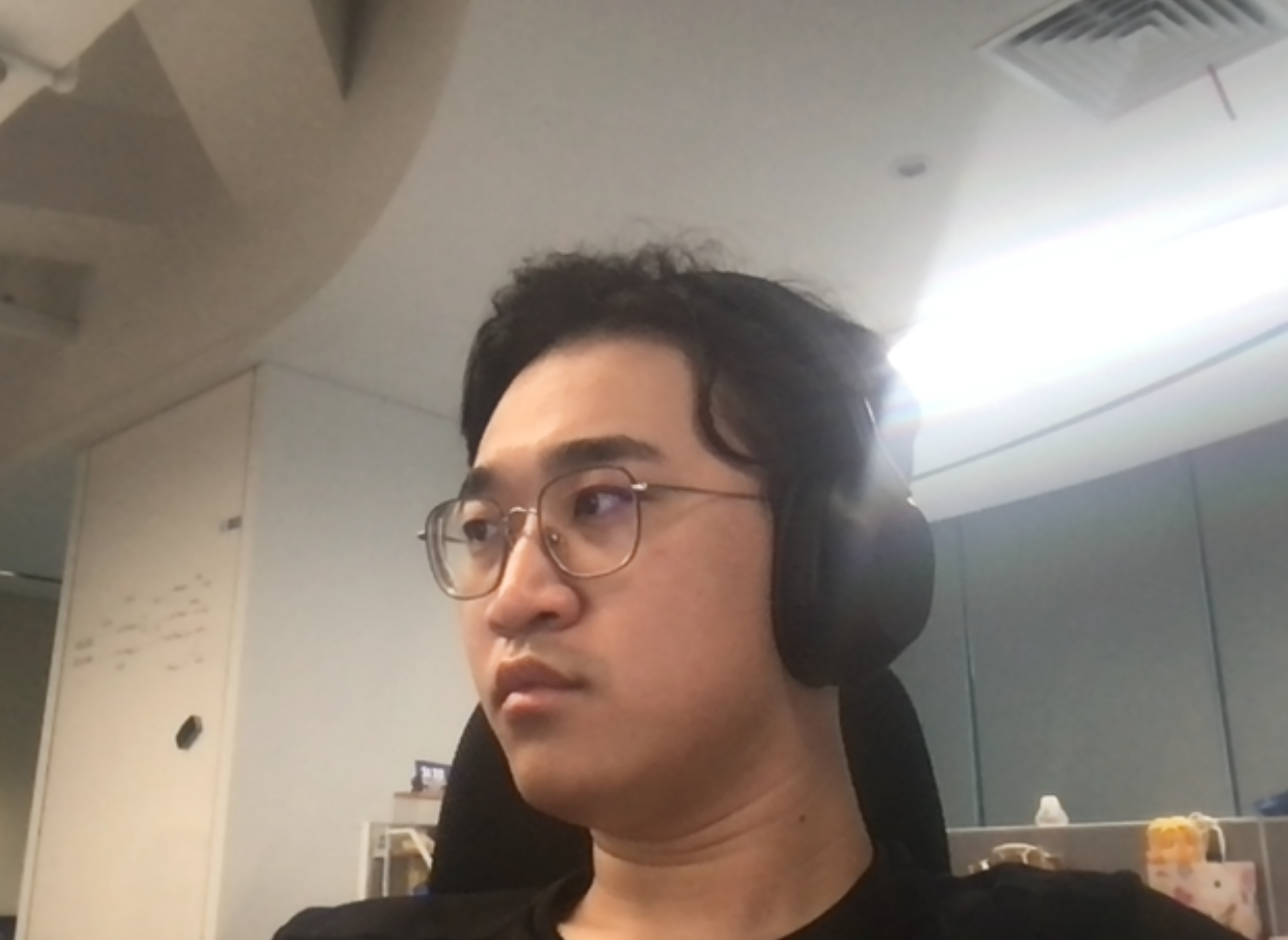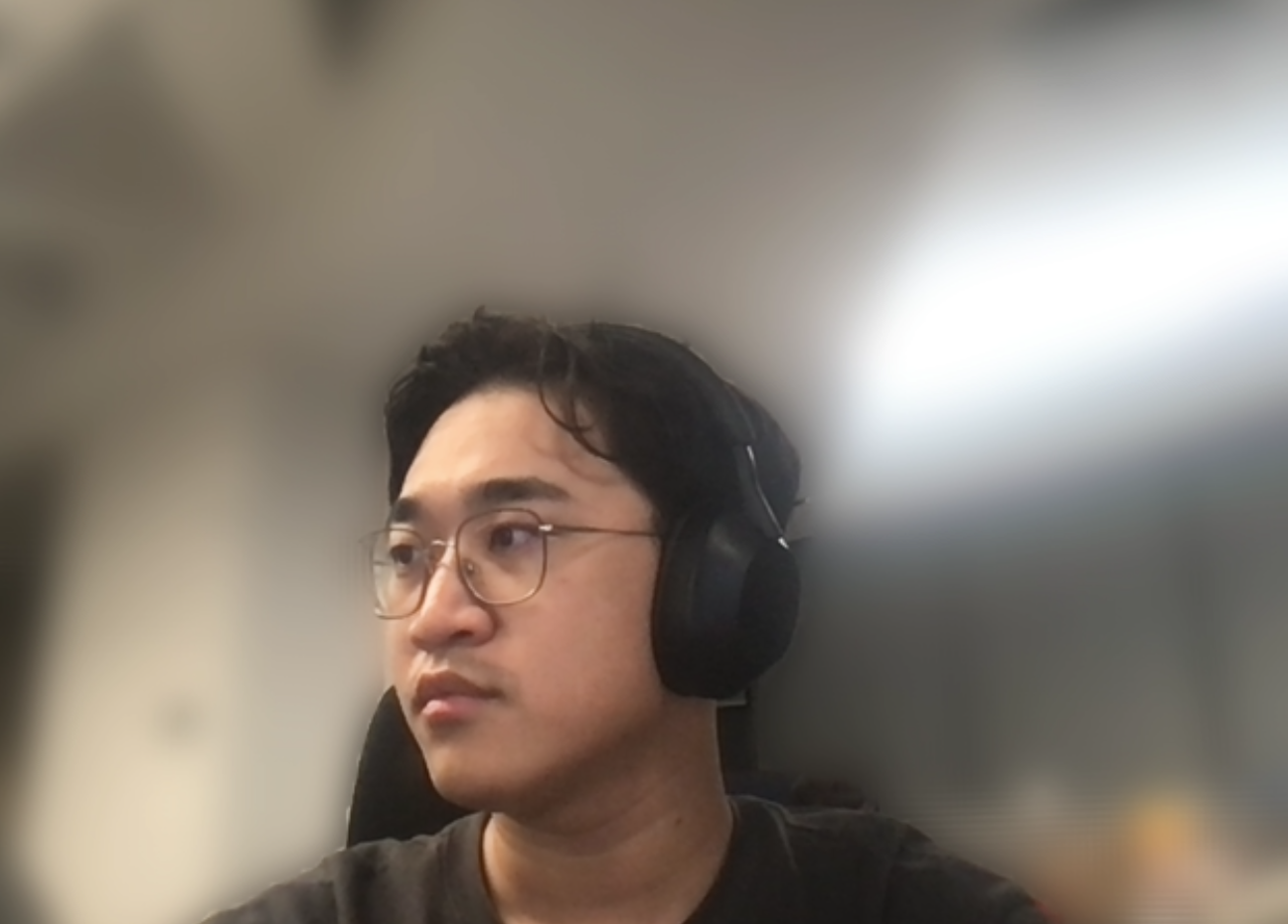Function Description
This document will describe how to implement the virtual background feature during a call.
| Original Camera | Background Blur | Background Image |
|---|---|---|
 |
 |
 |
Prerequisites
- Pricing see RTC-Engine Packages.
- TRTC SDK version must be >= 5.5.0
- System and configuration requirements for various platforms are as follows:
| Platform | Operating System | Browser Version | FPS | Recommended Configuration | Remarks |
| Web | Windows | Chrome 90+ Firefox 90+ Edge 97+ |
30 | Memory: 16GB CPU: i5-10500 GPU: Dedicated 2GB |
It is recommended to use the latest version of Chrome browser (Enable hardware acceleration in the browser) |
| 15 | Memory: 8GB CPU: i3-8300 GPU: Integrated Intel 1GB |
||||
| Mac | Chrome 98+ Firefox 96+ Safari 15+ |
30 | 2019 MacBook Memory: 16GB (2667MHz) CPU: i7 (6-core 2.60GHz) GPU: AMD Radeon 5300M |
||
| Android | Chrome Firefox Browser | 30 | High-end devices (e.g., Qualcomm Snapdragon 8 Gen1) | It is recommended to use Chrome, or Firefox browsers and other mainstream browsers | |
| 20 | Mid-range devices (e.g., MediaTek Dimensity 8000-MAX) | ||||
| 10 | Low-end devices (e.g., Qualcomm Snapdragon 660) | ||||
| iOS | Chrome Safari Firefox |
30 | iPhone 13 | - Requires iOS 14.4 or above - It is recommended to use Chrome or Safari browsers |
|
| 20 | iPhone XR |
Implementation Steps
Deploying Static Resources
This plugin relies on certain static resource files. To ensure that the browser can load and run these files properly, follow these steps:
- Publish the
node_modules/trtc-sdk-v5/assetsdirectory to a CDN or a static resource server. - Pass your CDN URL to the
assetsPathparameter when creating thetrtcinstance, for example:TRTC.create({ assetsPath: 'https://xxxx/assets' }). The SDK will load the required resource files as needed.
- If your version is below
v5.10.0, you need to download and extract assets.zip, then publish it to a CDN or a static resource server.- If the Host URL of the files in the directory is different from the Host URL of the web application, you need to enable the CORS policy for the file domain.
- Do not place the directory files under an HTTP service, as loading HTTP resources from an HTTPS domain will be blocked by browser security policies.
- If you are using the Face Centering feature after version
v5.11.0, please redeploy the assets.
Checking Browser Support (v5.8.1+)
import { VirtualBackground } from 'trtc-sdk-v5/plugins/video-effect/virtual-background';
if (!VirtualBackground.isSupported()) {
// Virtual background is not supported
}
Registering the Plugin
import { VirtualBackground } from 'trtc-sdk-v5/plugins/video-effect/virtual-background';
const trtc = TRTC.create({ plugins: [VirtualBackground], assetsPath: 'https://xxxx/assets' });
Starting the Local Camera
await trtc.startLocalVideo();
Enabling the Virtual Background Plugin
await trtc.startPlugin('VirtualBackground', {
sdkAppId: 123123,
userId: 'userId_123',
userSig: 'your_userSig'
});
Note: The first time you enable this feature, it requires loading computing resources, which has been automatically processed for you. For a more ultimate startup experience, please refer to the end of the document: FAQ > How to speed up startup?
Updating Parameters as Needed
// Changing to an image background
await trtc.updatePlugin('VirtualBackground', {
type: 'image',
src: 'https://picsum.photos/seed/picsum/200/300'
});
Disabling Virtual Background
await trtc.stopPlugin('VirtualBackground');
API Documentation
trtc.startPlugin('VirtualBackground', options)
Used to enable the virtual background.
options
| Name | Type | Attributes | Description |
|---|---|---|---|
| sdkAppId | number |
Required | Current application ID |
| userId | string |
Required | Current user ID |
| userSig | string |
Required | UserSig corresponding to the user ID |
| type | string |
Optional | - image for image background - blur for background blur (default) |
| enableFaceCentering | boolean |
Optional | false (default), (Since v5.11.0), set to true to enable automatic face centering |
| enableEffectOptimization | boolean |
Optional | false (default), experimental feature, set to true to reduce black edges and jagged edges around characters. Currently only supported on PC and since v5.13.0. |
| blurLevel | number |
Optional | - Set the level of blur when type is set to blur. Default value is 3, with a range from 1 to 10. |
| src | string |
Required if type is image |
Image URL, such as https://picsum.photos/seed/picsum/200/300 |
| onAbort | (error) => {} |
Optional | Callback for errors that occur during runtime Recommended solutions can be found in the Common Issues section at the end of the document. |
Example:
await trtc.startPlugin('VirtualBackground', {
sdkAppId: 123123,
userId: 'userId_123',
userSig: 'your_userSig',
type: 'image',
src: 'https://picsum.photos/seed/picsum/200/300'
});
trtc.updatePlugin('VirtualBackground', options)
Allows modification of virtual background parameters.
options
| Name | Type | Attributes | Description |
|---|---|---|---|
| type | string |
Required | - image for image background - blur for background blur |
| enableFaceCentering (Since v5.11.0) | boolean |
Optional | false(default) |
| blurLevel | number |
Optional | - Set the level of blur when type is set to blur. Default value is 3, with a range from 1 to 10. |
| src | string |
Required if type is image |
Image URL, such as https://picsum.photos/seed/picsum/200/300 |
Example:
await trtc.updatePlugin('VirtualBackground', {
type: 'blur',
blurLevel: 6
});
trtc.stopPlugin('VirtualBackground')
Disables the virtual background.
FAQs
1. When running the demo in Chrome, the video appears upside down and laggy
This plugin uses GPU acceleration, and you need to enable hardware acceleration mode in your browser settings. You can copy and paste chrome://settings/system into your browser's address bar and enable hardware acceleration mode.
2. When device performance is insufficient, causing high latency and rendering issues
async function onAbort(error) {
await trtc.stopPlugin('VirtualBackground'); // Stop the plugin
// Or lower the resolution and restart the plugin
}
await trtc.startPlugin('VirtualBackground', {
...// Other parameters
onAbort,
});